Optimal Timing for Foundation Repairs
Foundation repairs are most effective when performed during periods of stable weather conditions. Temperature fluctuations and moisture levels can impact the curing process of repair materials and influence the stability of the soil around the foundation. Understanding seasonal patterns helps determine optimal timing for repairs, minimizing potential complications.
Spring offers moderate temperatures and increased moisture, which can aid in the curing process of foundation repair materials. However, excessive rain may delay work or cause soil movement.
Summer provides warm, dry weather ideal for many repair methods. High temperatures can accelerate curing but may require scheduling during cooler parts of the day.
Fall features cooler temperatures and less rain, making it a suitable season for foundation work. Soil moisture levels are typically manageable, reducing soil movement risks.
Winter is generally less ideal due to freezing temperatures and potential ground frost. Repairs during this time may be limited or require special considerations.
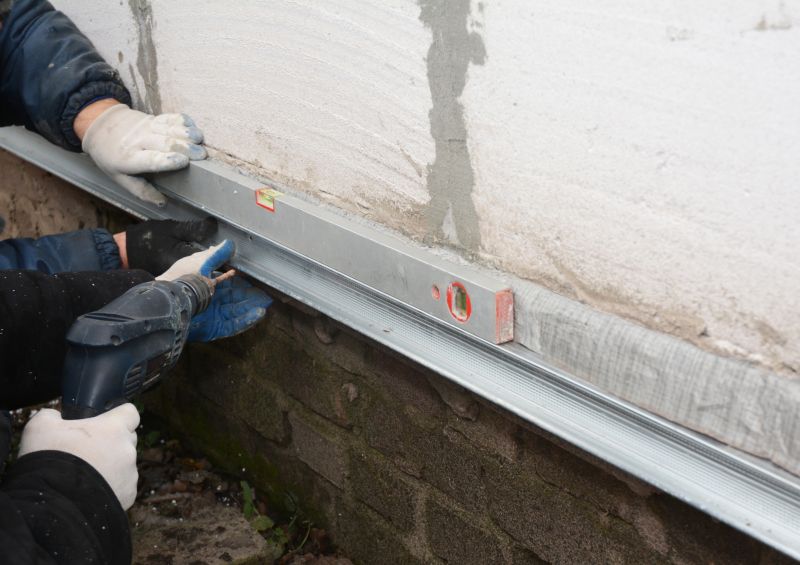
Construction equipment and crews performing foundation stabilization measures.
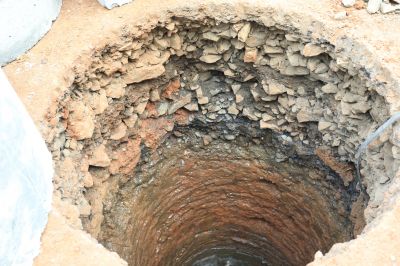
Illustration of soil treatment methods used during foundation repairs.
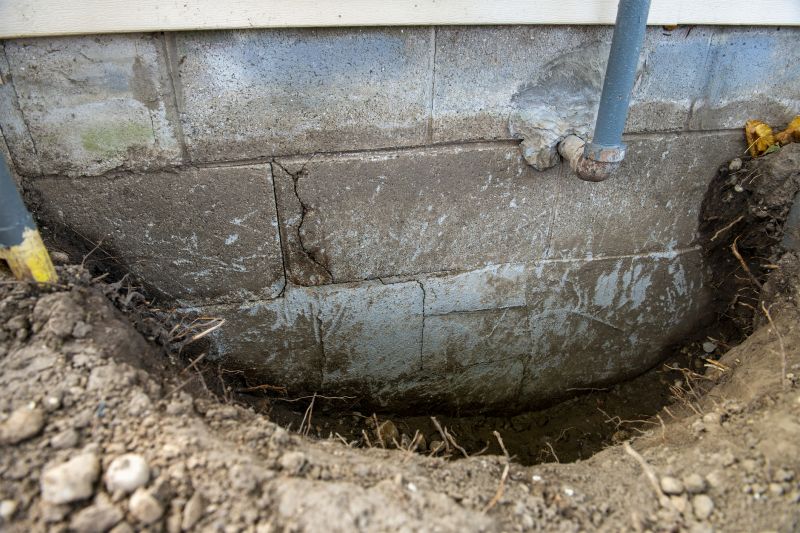
Example of foundation damage requiring repairs.
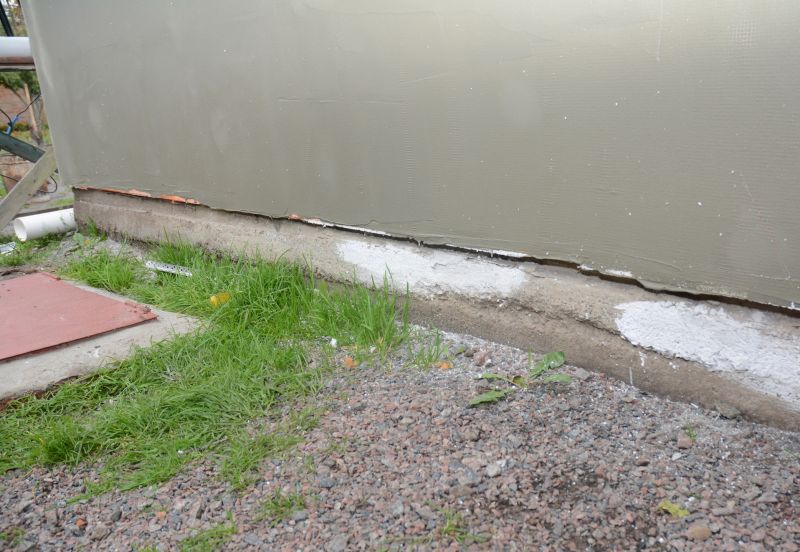
Ways to make Foundation Repairs work in tight or awkward layouts.
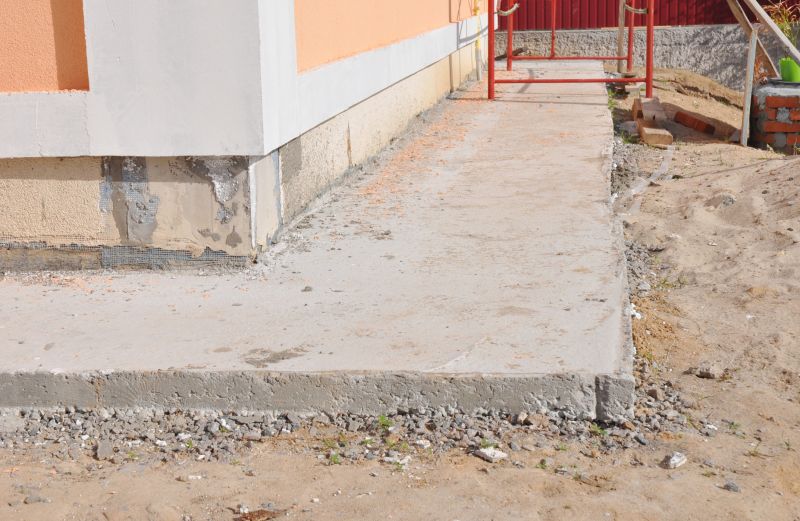
Popular materials for Foundation Repairs and why they hold up over time.
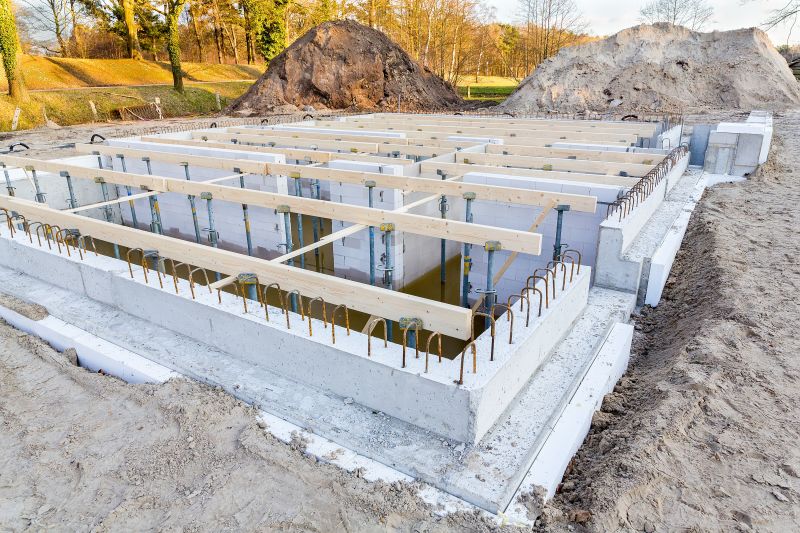
Simple add-ons that improve Foundation Repairs without blowing the budget.
| Season | Ideal Conditions |
|---|---|
| Spring | Moderate temperatures and moisture, good for curing |
| Summer | Warm and dry, suitable for many repair methods |
| Fall | Cooler temperatures with manageable moisture levels |
| Winter | Cold and frozen ground, less suitable |
Foundation repairs are essential for maintaining the structural integrity of a property. Addressing issues early can prevent costly damages and extensive repairs. Factors such as soil type, weather conditions, and the extent of damage influence the timing and approach of repairs. Proper planning ensures that repairs are effective and durable, especially when scheduled during optimal seasons.
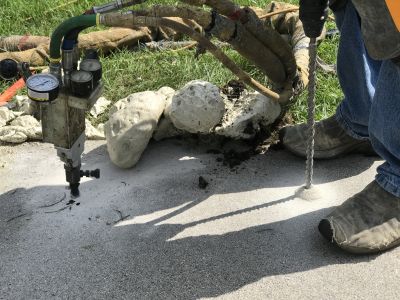
Specialized tools used in foundation stabilization.
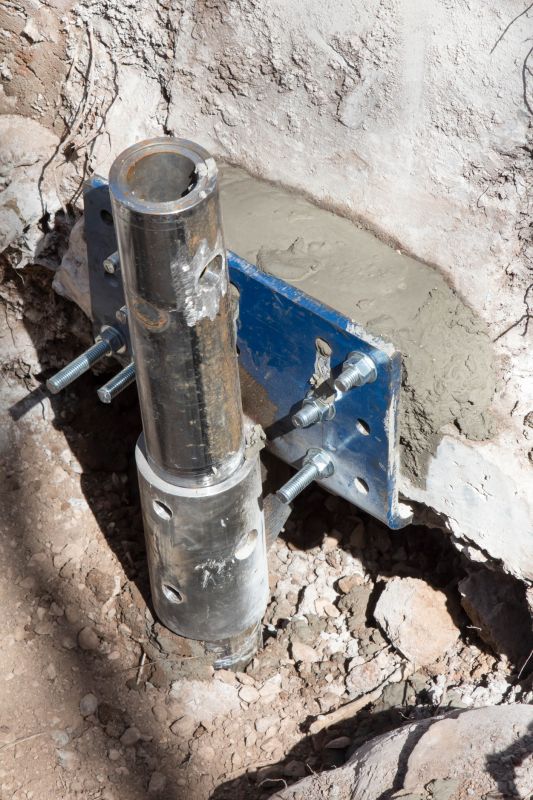
Process of installing piers to stabilize foundation.
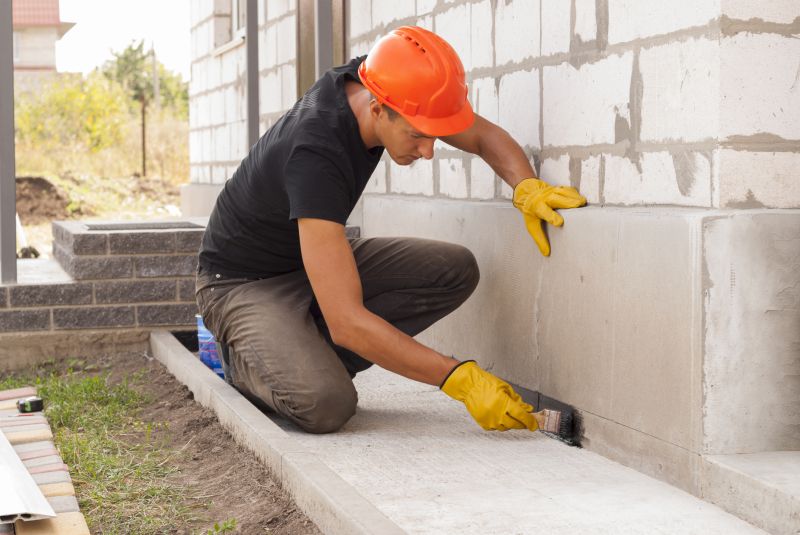
Sealants applied to cracks in foundation walls.
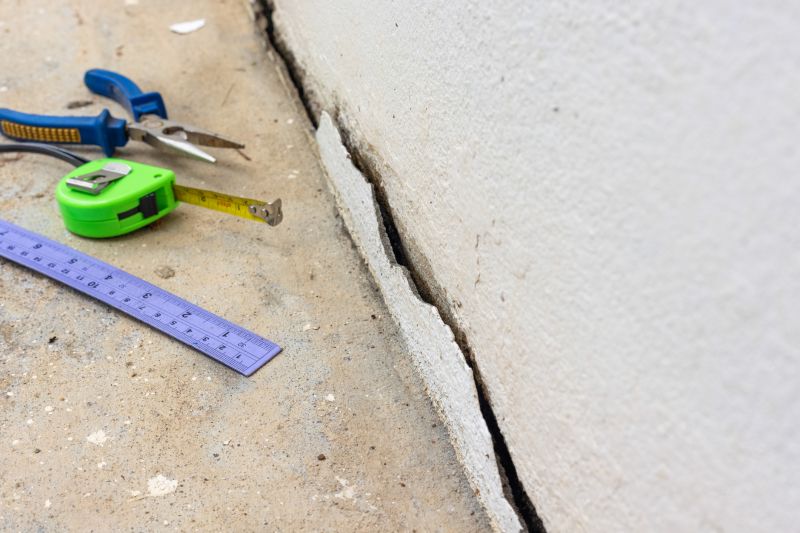
Assessing soil conditions prior to foundation work.
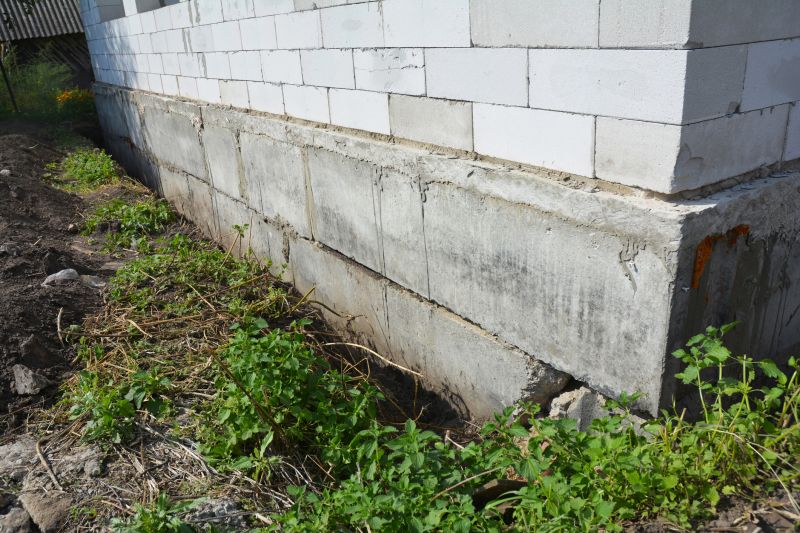
High-end options that actually feel worth it for Foundation Repairs.
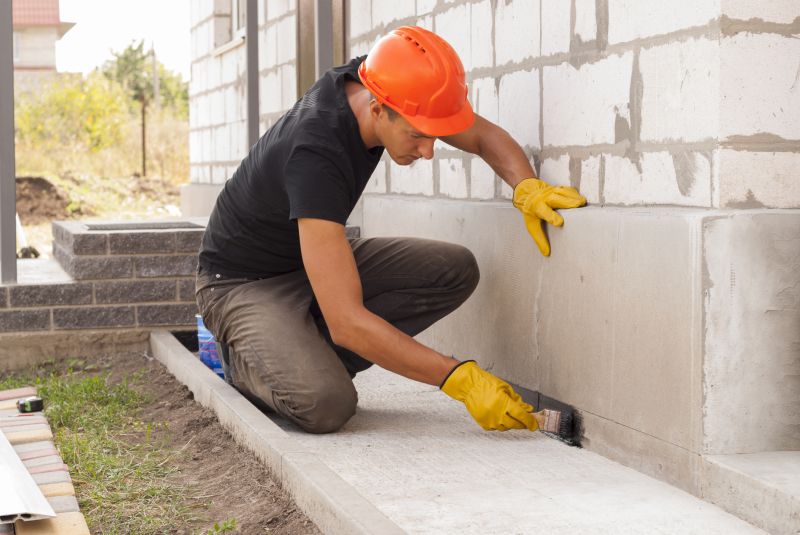
Finishes and colors that play nicely with Foundation Repairs.
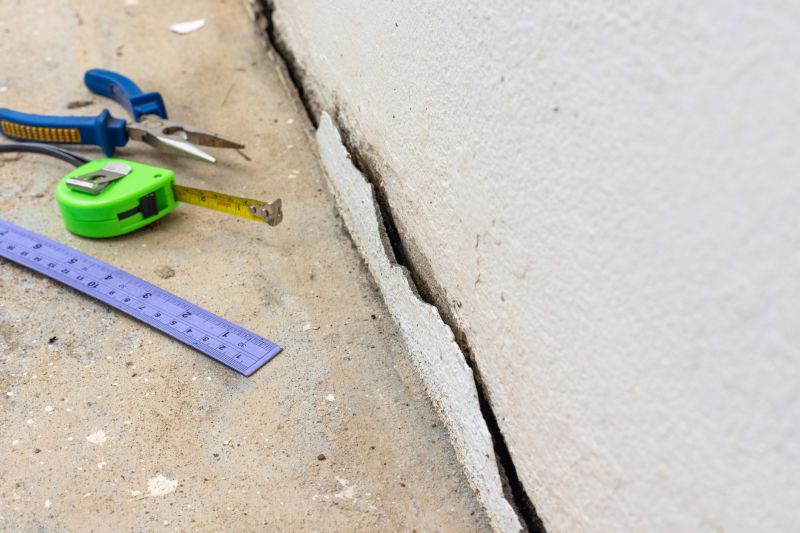
Little measurements that prevent headaches on Foundation Repairs day.
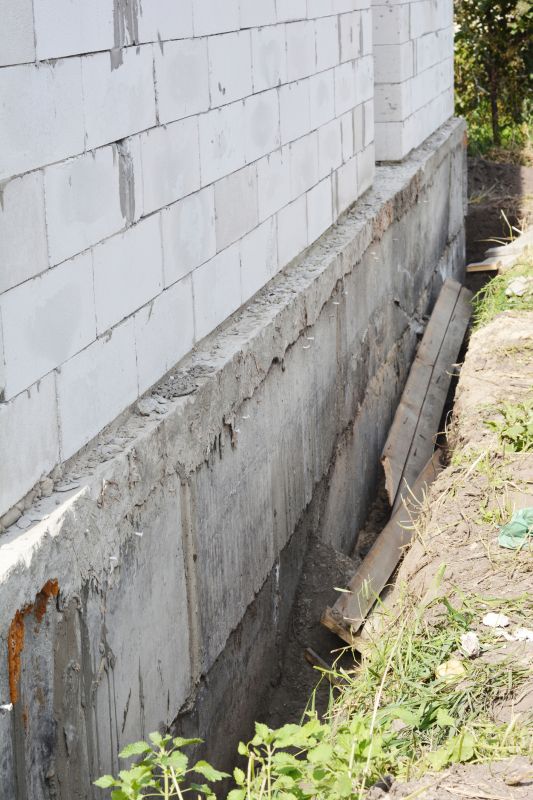
A 60-second routine that keeps Foundation Repairs looking new.
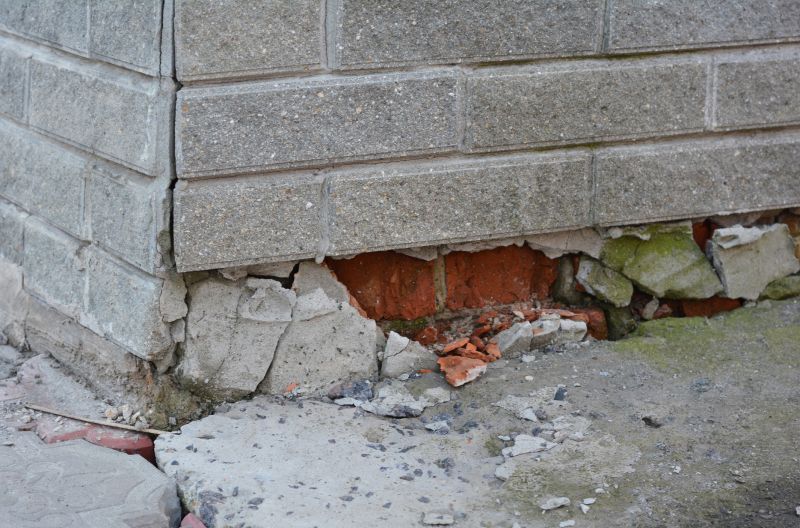
A frequent mistake in Foundation Repairs and how to dodge it.
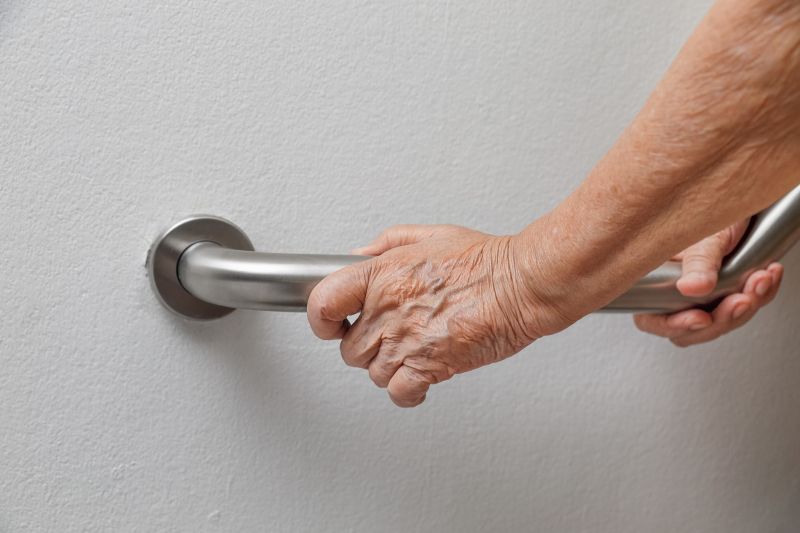
Small tweaks to make Foundation Repairs safer and easier to use.
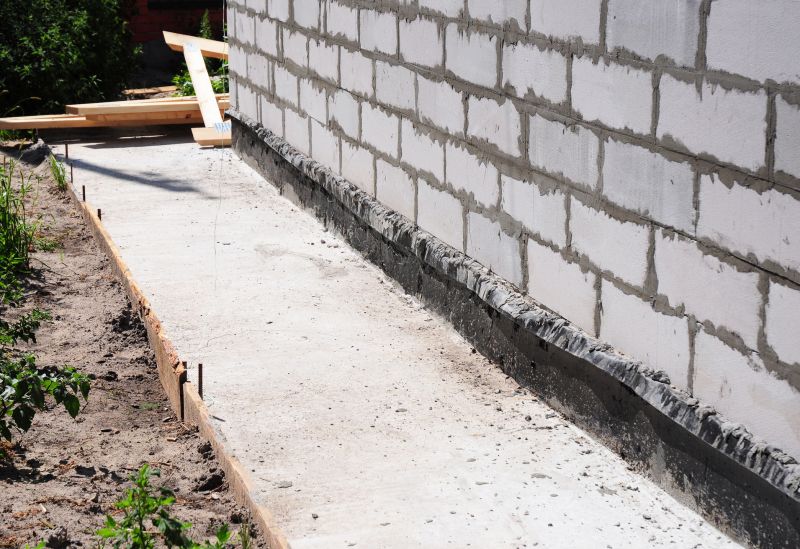
Lower-waste or water-saving choices for Foundation Repairs.

The short, realistic tool list for quality Foundation Repairs.
Choosing the right time for foundation repairs depends on local climate patterns and the specific needs of the property. Consulting with foundation specialists can help determine the most suitable season for repairs, ensuring the work is effective and long-lasting. Proper timing minimizes risks associated with soil movement and material curing, leading to more reliable results.
Cracks in walls, uneven floors, and sticking doors are common indicators.
Addressing issues early prevents further structural damage and costly repairs.
Includes piering, slabjacking, and crack injections, among others.
Factors include damage extent, repair method, and soil conditions.
For residents in Port Washington, WI, understanding the optimal timing for foundation repairs can lead to more effective and durable results. Consulting local experts familiar with Wisconsin's soil and weather conditions is recommended to plan repairs during the most suitable seasons.
Interested property owners are encouraged to contact professionals for assessments and to discuss the best timing for foundation repairs. Proper scheduling can ensure the longevity and stability of the foundation, safeguarding the property's value and safety.

